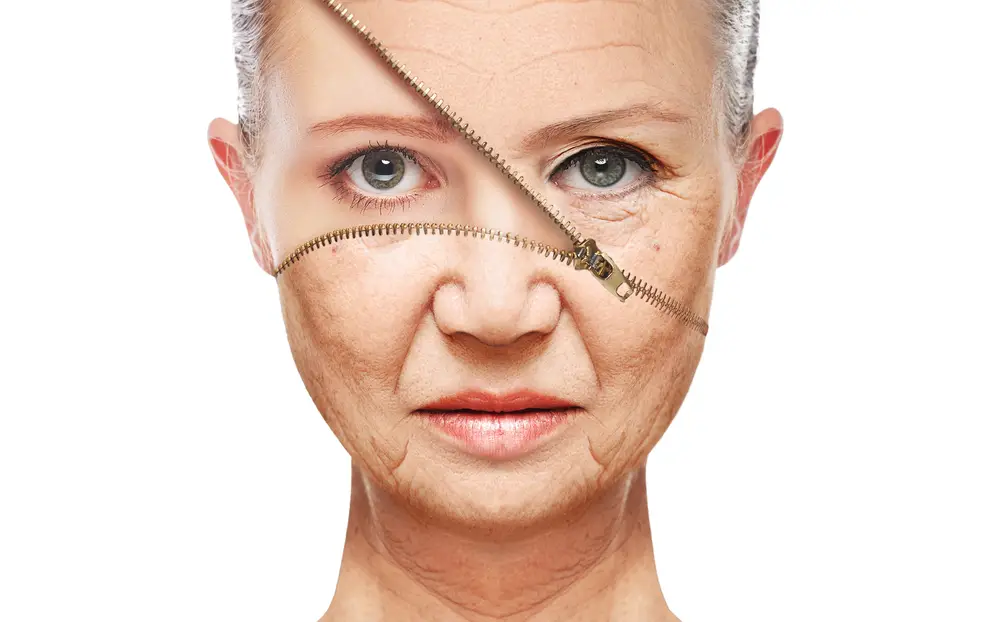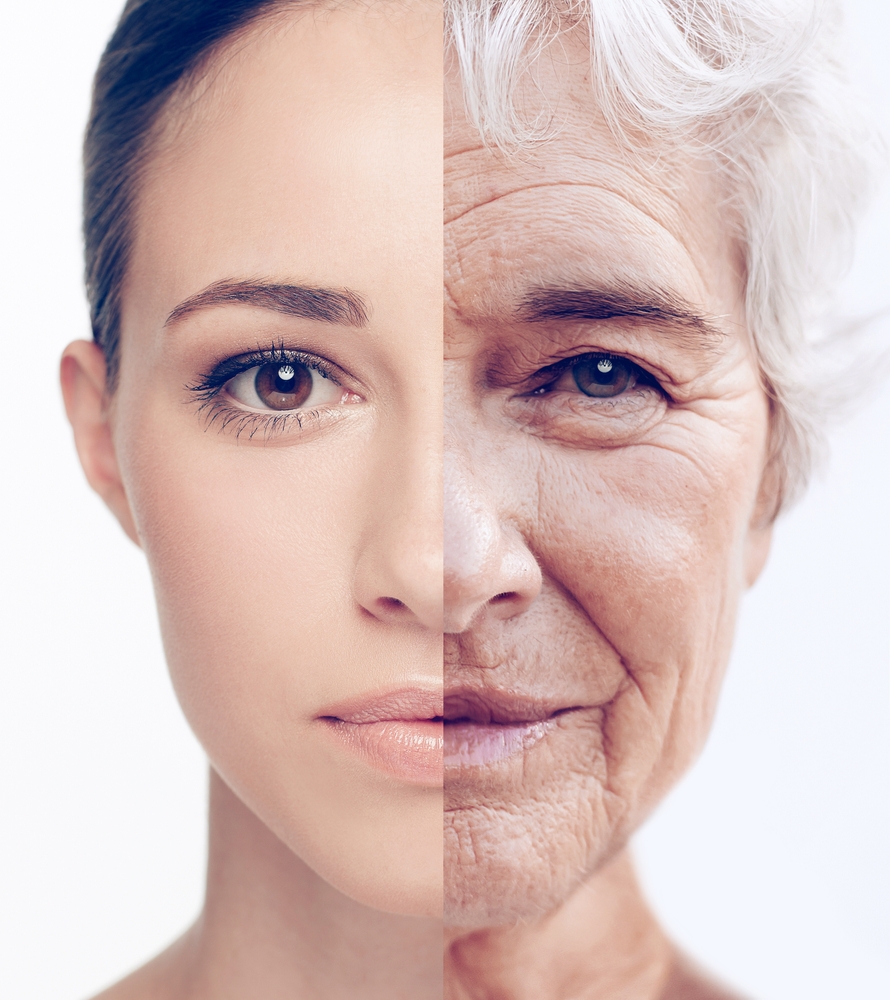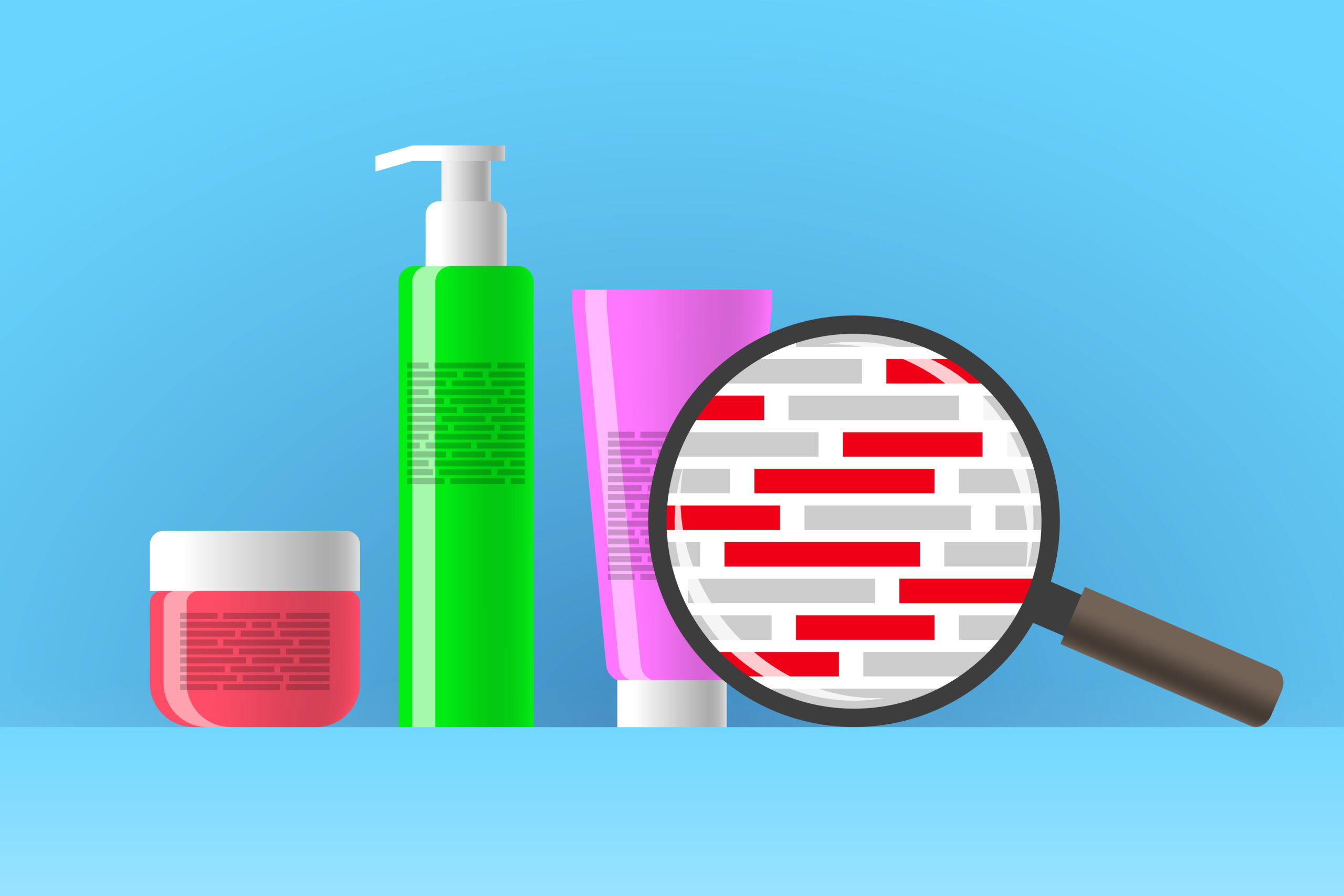Anti-aging products promise to keep your skin youthful and radiant, but what if they do the opposite? That wrinkle cream might be working overtime—in all the wrong ways. Before you slather on another layer, here are 15 reasons why your anti-aging routine could be aging you faster than the clock.
1. Overusing Retinol
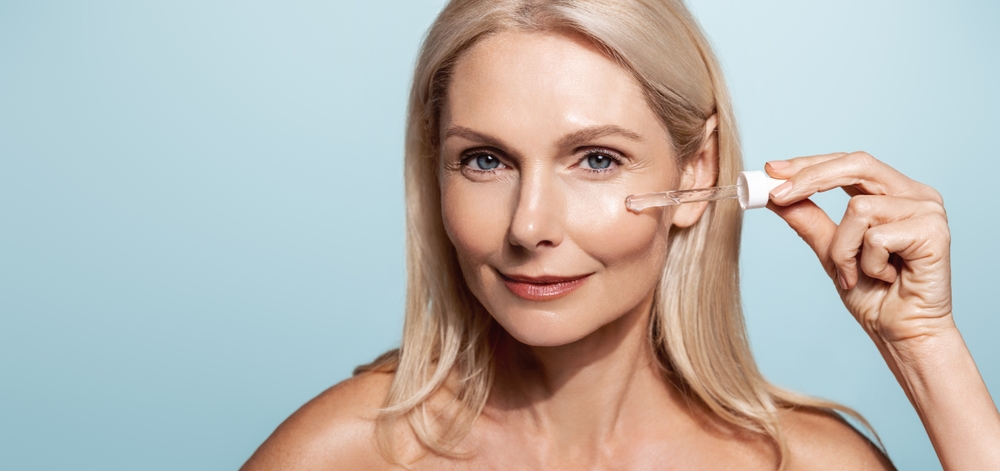
Retinol is a celebrated anti-aging hero, but overuse can lead to irritation, redness, and peeling. Instead of applying it nightly, start once or twice a week and always follow up with a moisturizer to support your skin barrier. And if you have sensitive skin, steer clear of retinol altogether; it’s too harsh.
2. Exfoliating Too Often
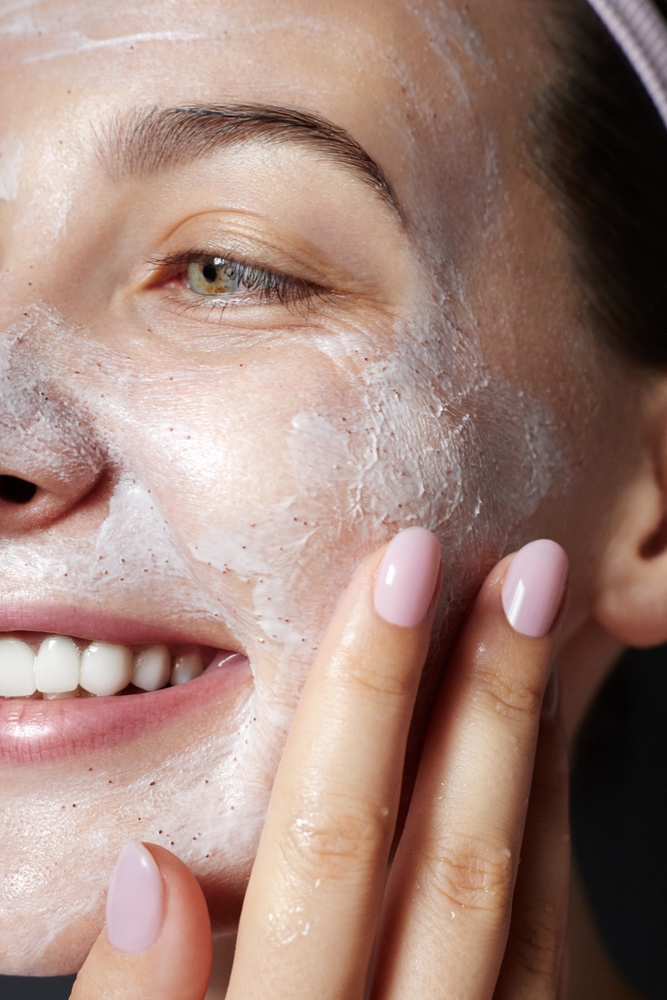
Daily exfoliation can strip your skin of natural oils, leading to dryness and irritation. To avoid this, exfoliate 2-3 times a week and opt for gentle chemical exfoliants, like AHAs or BHAs, over harsh physical scrubs.
3. Ignoring Your Skin Type
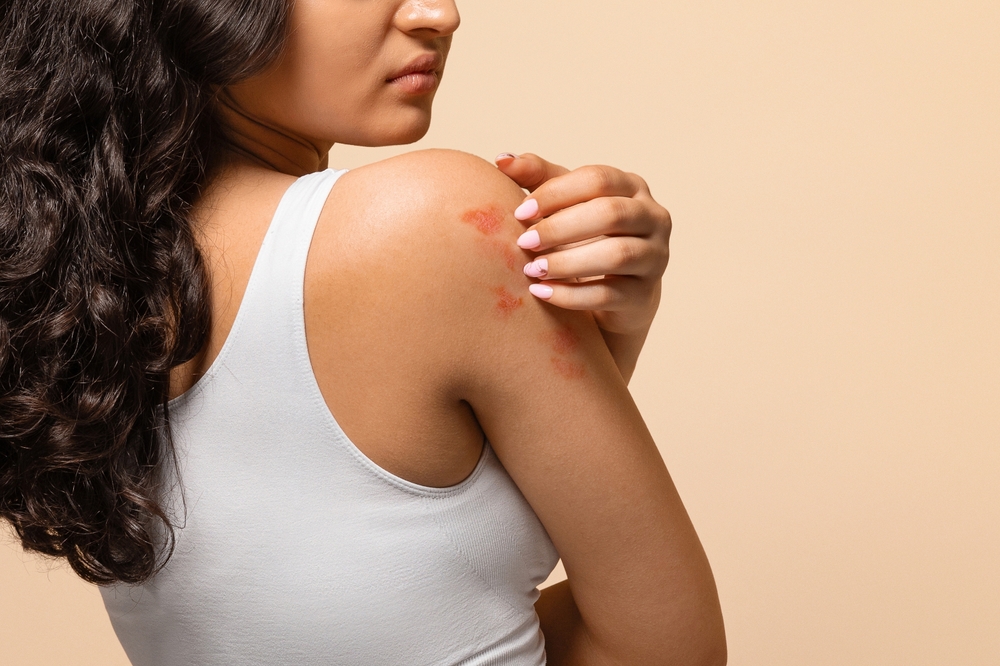
What works for someone else might not suit your skin. If you have oily skin, avoid heavy, oil-based products that could clog pores. Tailor your skincare to your skin type—oil-free for oily skin, hydrating for dry skin, and hypoallergenic for sensitive skin.
4. Using Alcohol-Based Toners
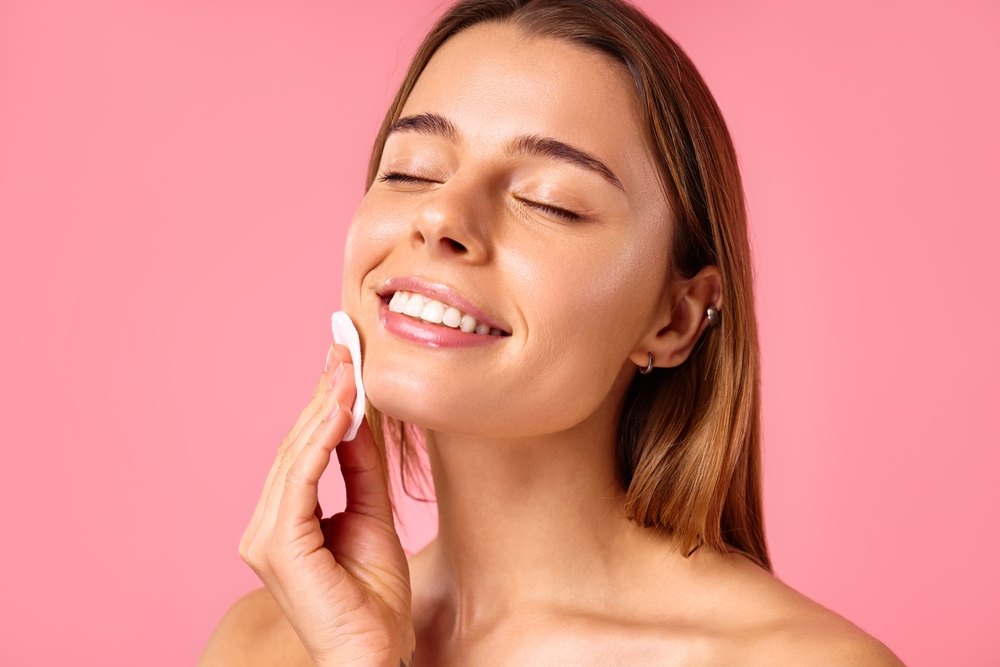
Toners containing alcohol can dry out your skin and accelerate aging. Choose hydrating, alcohol-free toners to maintain moisture and soothe your skin. Plant-based ingredients like aloe and rosehip are a much more gentle option.
5. Overloading on Fragrances
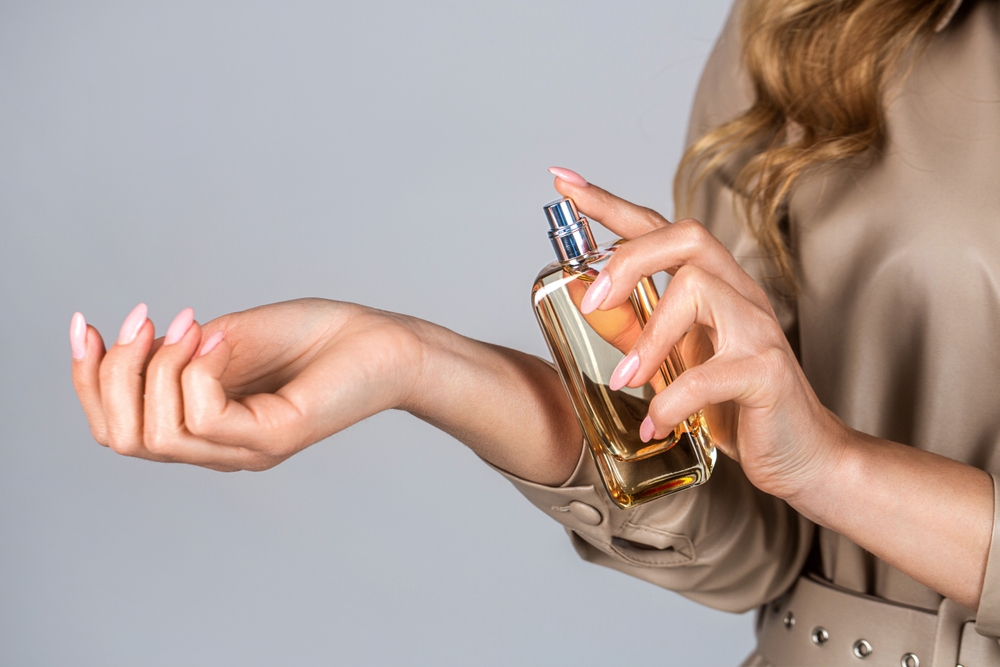
Fragrances in skincare products can cause irritation and allergic reactions, especially for sensitive skin. Opt for fragrance-free products to minimize potential inflammation and avoid accelerating the aging process.
6. Skipping Sunscreen
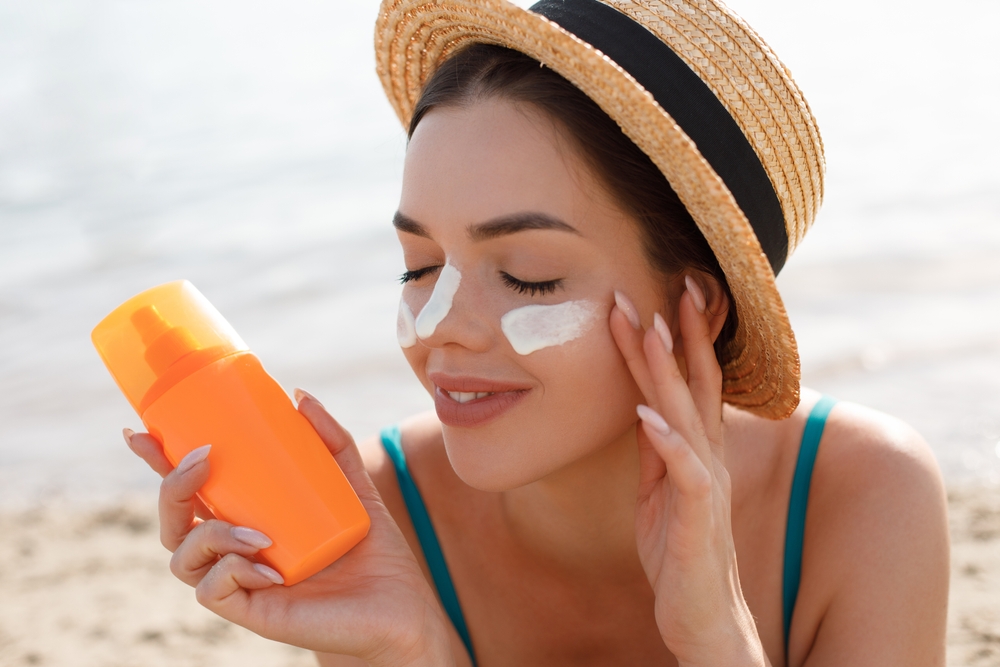
No anti-aging regimen is complete without sunscreen. Some anti-aging ingredients, like retinol and AHAs, can increase sun sensitivity. Protect your skin with SPF daily to prevent sun damage and preserve your results. The sun’s damaging UV rays can change the DNA of the skin cells, breaking down collagen and causing more lines and wrinkles.
7. Using Expired Products
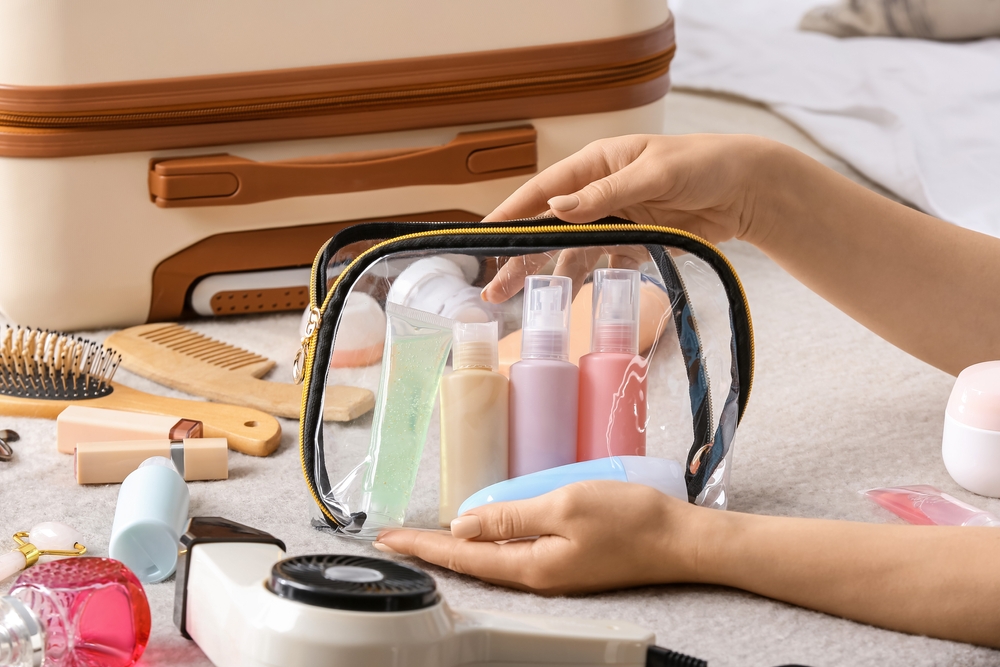
Skincare does have a shelf life. Expired products lose potency and can harbor bacteria, leading to irritation and breakouts. Always check expiration dates and refresh your skincare collection regularly.
8. Layering Too Many Actives
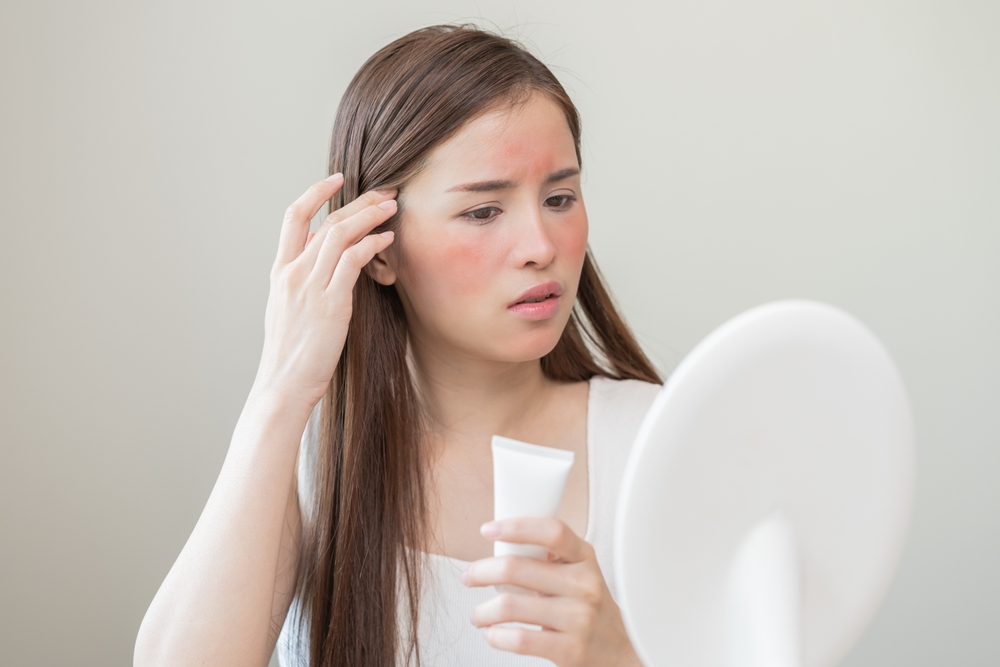
Using multiple active ingredients can overwhelm your skin, causing irritation and sensitivity. Stick to one or two active ingredients at a time to allow your skin to adapt. Always use products suited to your skin type and use highly active ingredients at night only.
9. Skipping Patch Tests
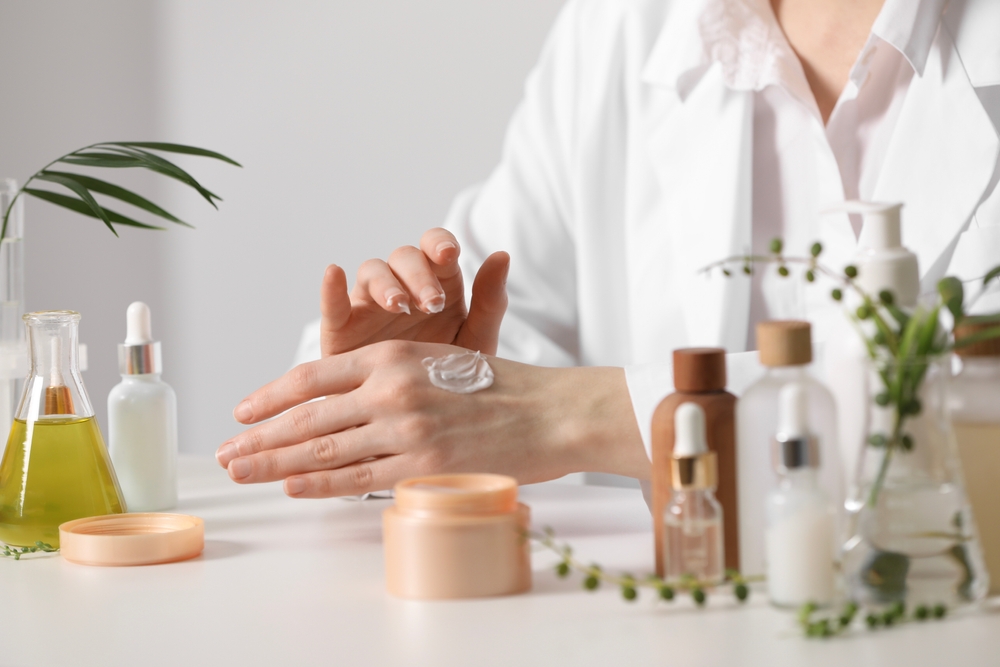
Always perform a patch test before introducing a new product to your routine. Testing a small area of skin helps prevent adverse reactions and ensures compatibility. Remember, not all skin can tolerate certain ingredients; sensitivity can damage the skin’s barrier and speed up signs of aging.
10. Using Products with Harsh Preservatives
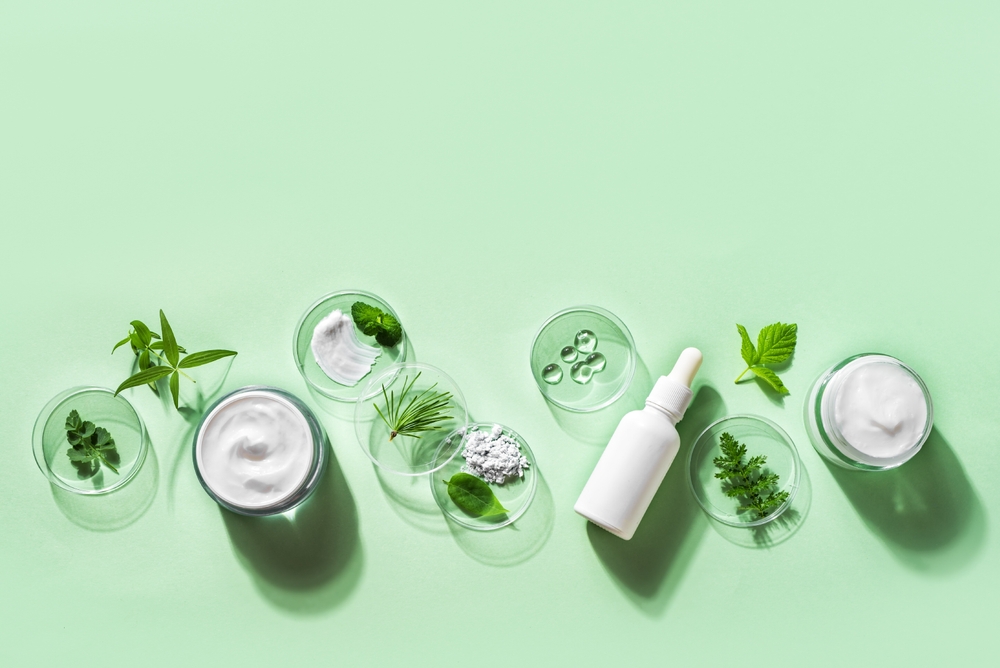
While preservatives are essential, if products are overloaded with harsh chemical ingredients, they can irritate the skin or disrupt hormonal balance. Choose products with safer preservatives like phenoxyethanol, or opt for preservative-free alternatives or certified organic when possible.
11. Neglecting Hydration
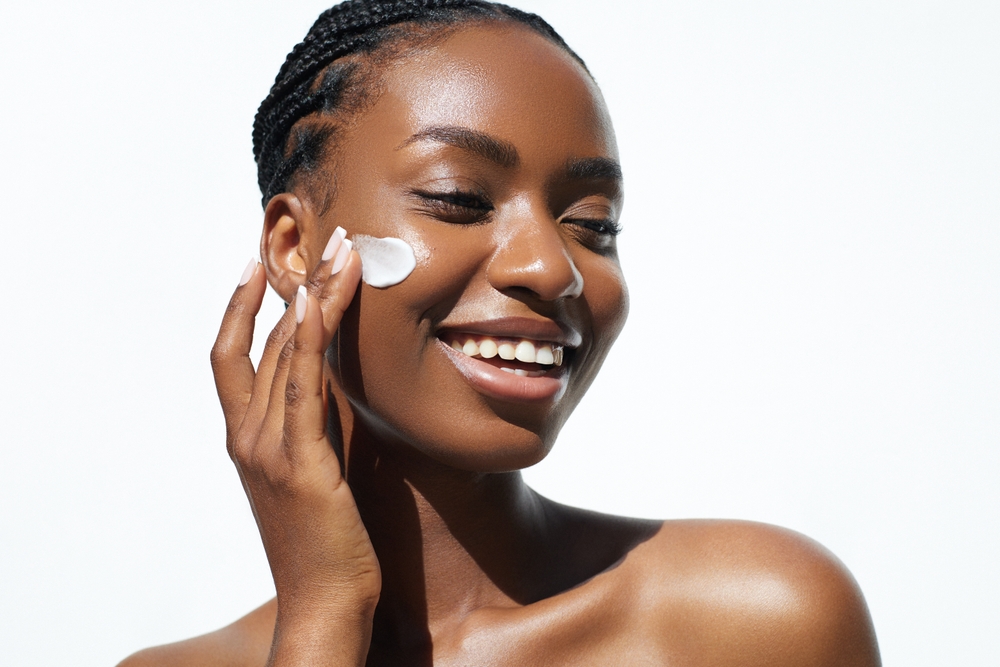
Even the best anti-aging products can fall short without proper hydration. Incorporate hydrating serums and moisturizers with ingredients like hyaluronic acid, peptides, and niacinamide to keep your skin plump and youthful. And hydrate from the inside out by drinking plenty of water.
12. Using Harsh Cleansers
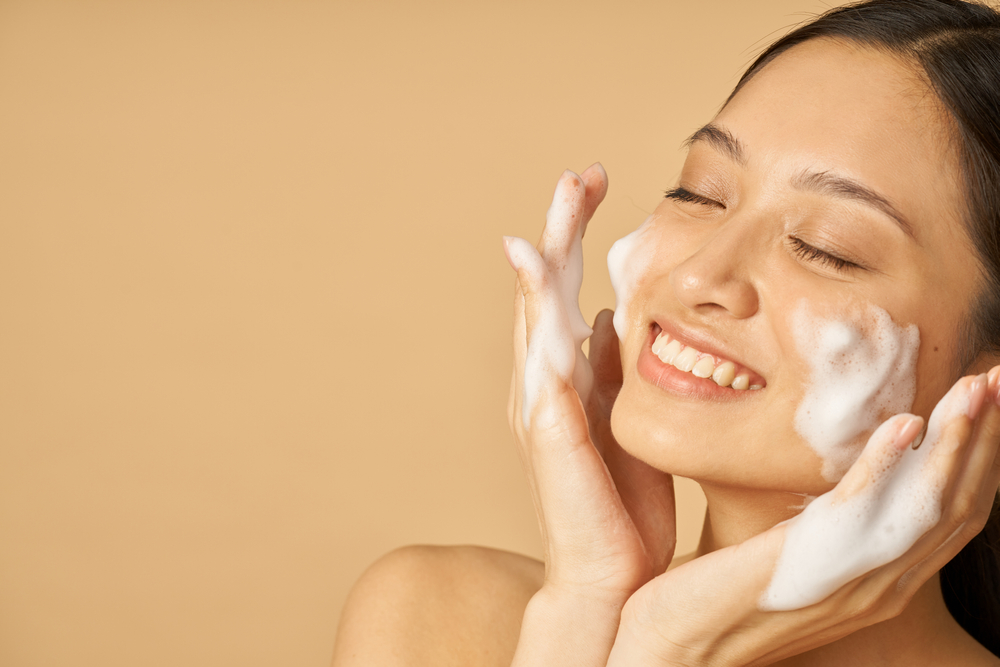
Cleansers that leave your skin feeling tight and dry can disrupt your skin barrier and accelerate aging. Many cleansers contain sulfates, which give them their lather, but this ingredient dries out skin fast. Opt for gentle, pH-balanced cleansers that clean effectively without stripping moisture.
13. Overusing Anti-Aging Masks
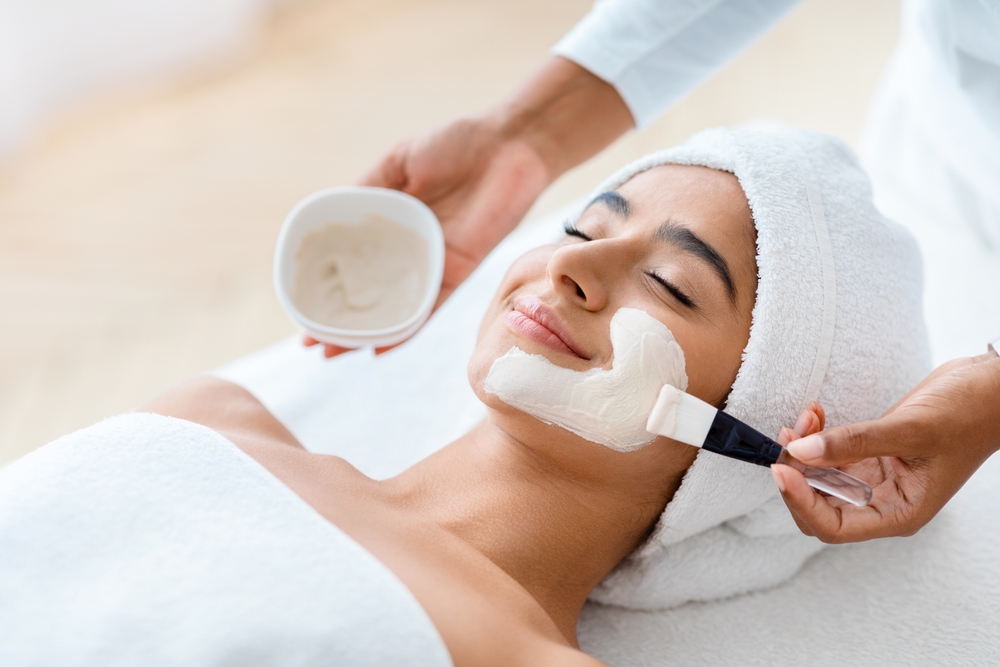
While masks can be beneficial, excessive use, particularly of drying sheet masks, can lead to dehydration. Limit mask use to once or twice a week and choose hydrating or soothing options. Anything infused with organic oils, vitamin C, and hyaluronic acid is best.
14. Skipping Moisturizer
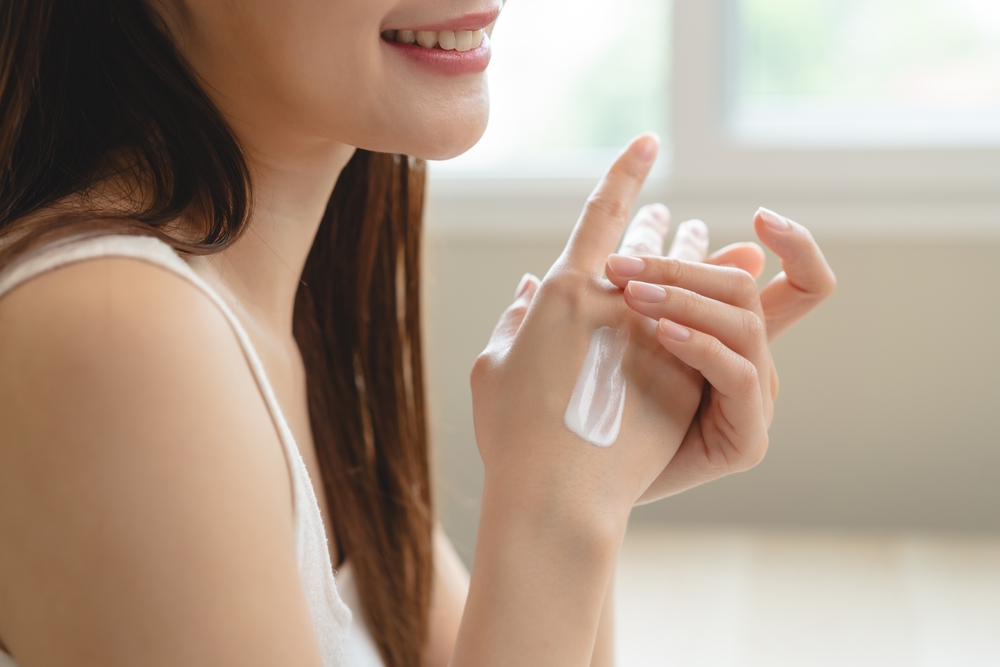
Even oily skin needs hydration. Skipping moisturizer sends a signal to the skin to produce more production and leads to breakouts and dehydration. Use lightweight, non-comedogenic moisturizers to keep your skin balanced and hydrated if oil is an issue.
15. Choosing Cheap Anti-Aging Products
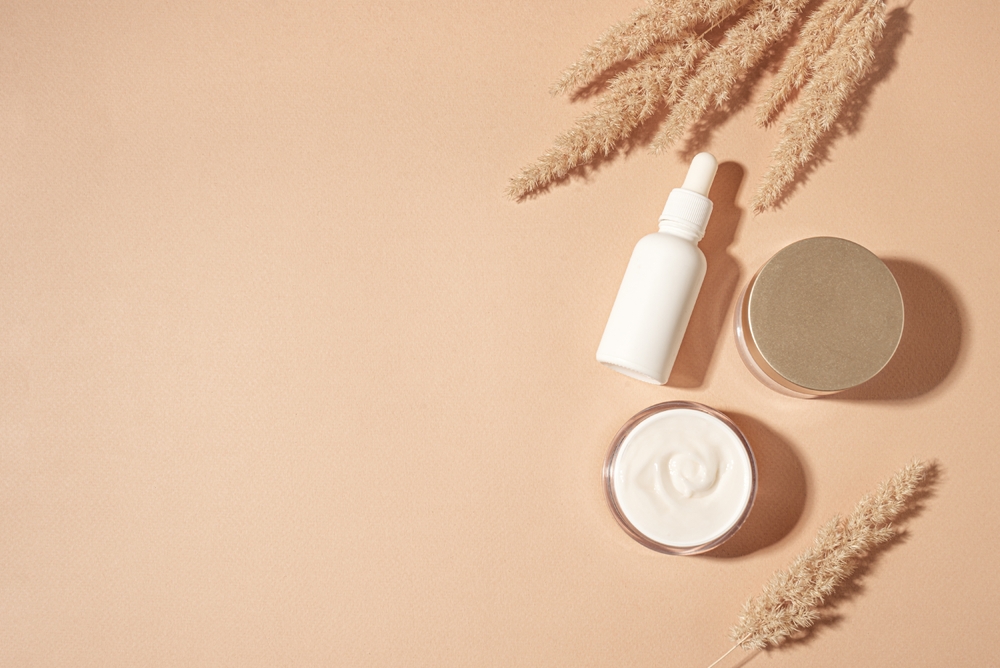
Investing in high-quality, dermatologist-recommended products will give you better anti-aging results. Lower-cost alternatives may contain inferior ingredients or harmful chemicals that can undermine your skincare efforts. Look to science-backed clean ingredients renowned for their efficacy.

